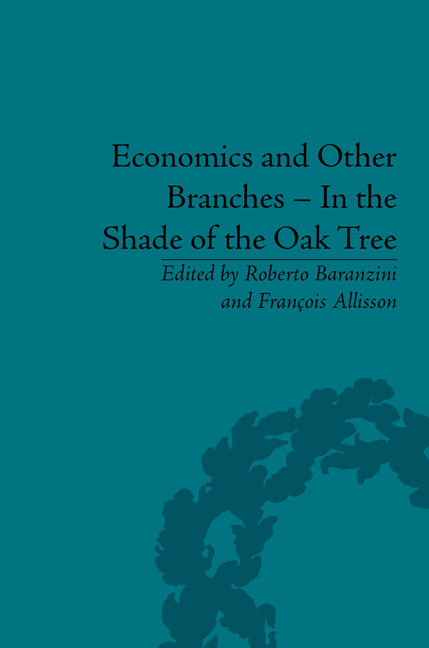Book contents
- Frontmatter
- CONTENTS
- List of Contributors
- List of Figures and Tables
- Introduction
- Pascal Bridel's Bibliography (up to 2013)
- Part I Léon Walras's Economic Thought
- Part II The Spreading of Thought
- Léon Walras's Reception
- The Lausanne School
- French Matters
- Cambridge UK
- Part III Monetary Theory
- Part IV Methodology
- Part V Economics and Humanities
- Economics and Social Sciences
- Some Insights from Visual Arts
- Part VI Economics and Civil Society
- Notes
- Index
Introduction
- Frontmatter
- CONTENTS
- List of Contributors
- List of Figures and Tables
- Introduction
- Pascal Bridel's Bibliography (up to 2013)
- Part I Léon Walras's Economic Thought
- Part II The Spreading of Thought
- Léon Walras's Reception
- The Lausanne School
- French Matters
- Cambridge UK
- Part III Monetary Theory
- Part IV Methodology
- Part V Economics and Humanities
- Economics and Social Sciences
- Some Insights from Visual Arts
- Part VI Economics and Civil Society
- Notes
- Index
Summary
Introduction
In one of his notes d'humeur – casual annotations scribbled on a piece of paper – Léon Walras once wrote:
One must know what one is doing. If one wants to harvest promptly, one should plant carrots and salads; if one has the ambition to plant oak trees, one must be wise enough to say: [posterity] will owe me this shade.
This formula is famous among Walrasian scholars: ‘carrots’ and ‘salads’ are good only for those working under the limiting framework of partial analysis; while those working, like Walras, on general equilibrium stay wisely ‘in the shade of the oak tree’.
This volume celebrates Pascal Bridel's academic career on the occasion of his retirement. It collects thirty-two essays written by his colleagues and friends and illustrates the wide range of his academic interests. It offers at the same time a comprehensive survey of recent research in his areas of expertise: history of economic thought, economic theory (especially monetary theory), and the relations between economics and its neighbouring disciplines. Given Bridel's original and stimulating academic personality, he would be disappointed if this was not the case.
Pascal Bridel was born on 11 July 1948 in Lausanne, Switzerland. He was educated in Lausanne, and graduated from University of Lausanne in Political Science (1971) and in Economics (1972).
- Type
- Chapter
- Information
- Economics and Other Branches – In the Shade of the Oak TreeEssays in Honour of Pascal Bridel, pp. 1 - 6Publisher: Pickering & ChattoFirst published in: 2014

